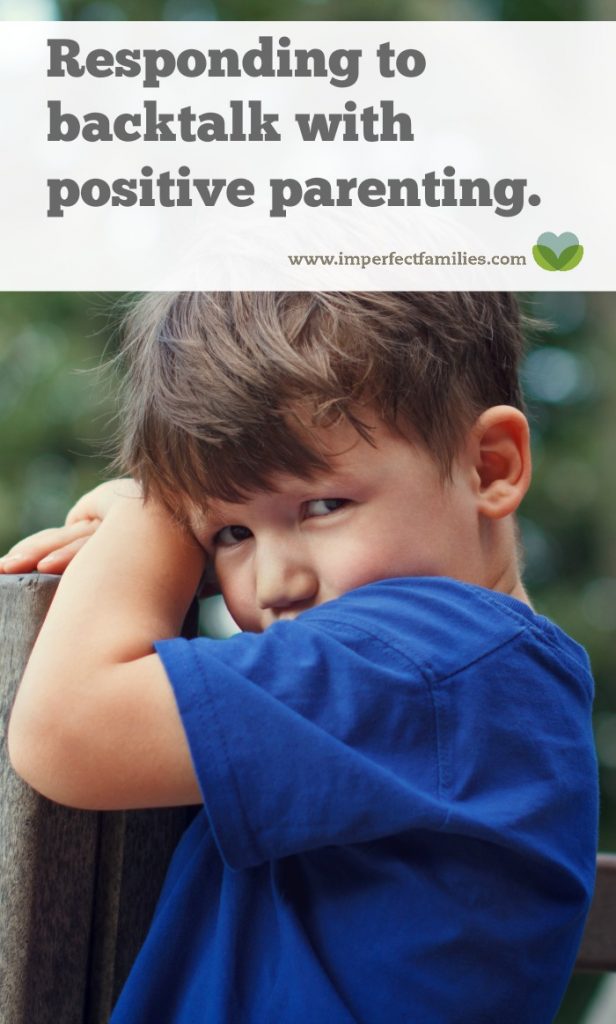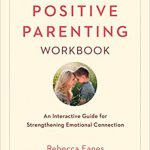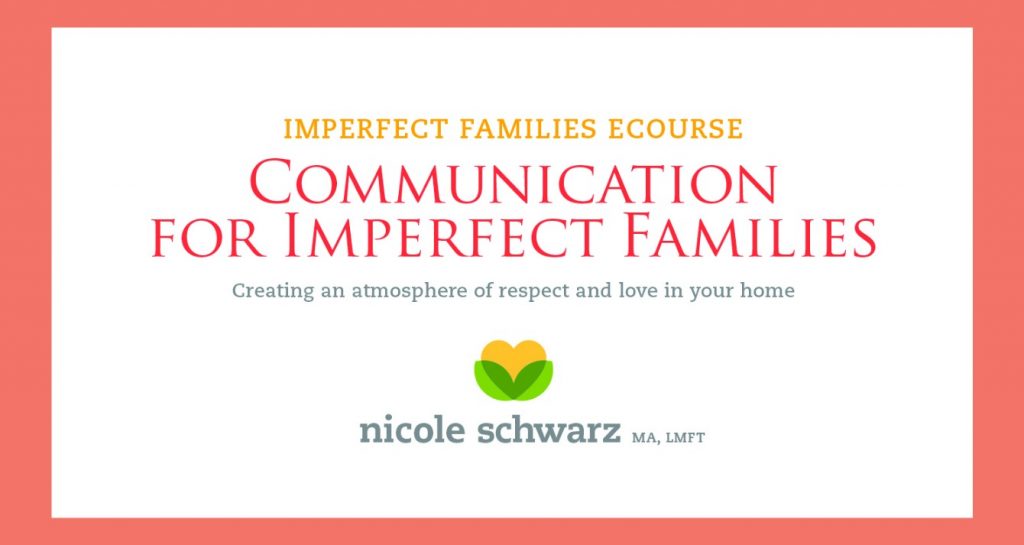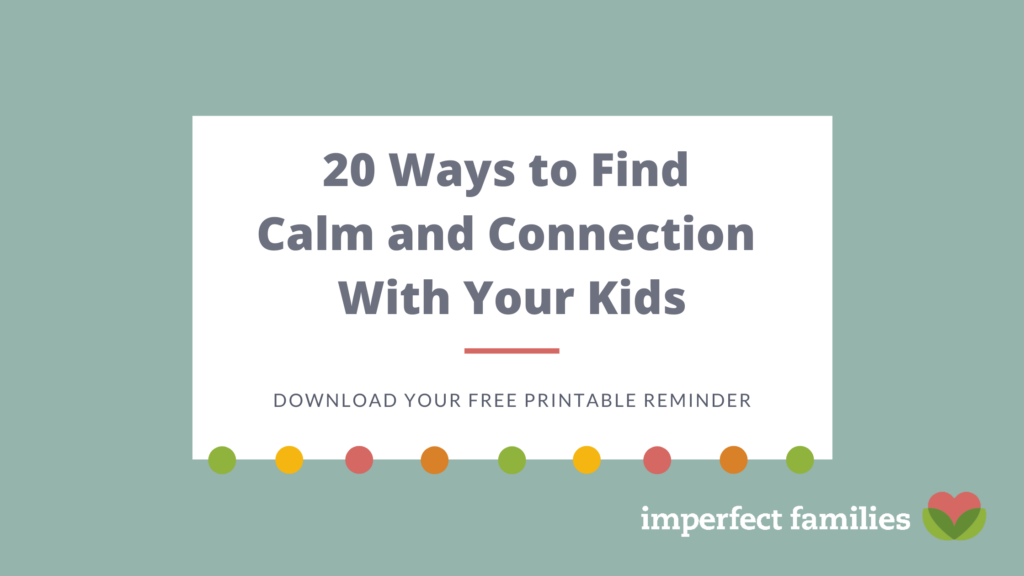
This page contains affiliate links. Using these links, I earn a small commission at no additional cost to you.
 The following is an excerpt from Rebecca Eanes’ new book, The Positive Parenting Workbook. This inspiring and inviting guide walks readers through the process of charting a new path toward greater emotional awareness, clear communication, and joyful parenting! Filled with encouraging prompts and plenty of room to record your progress, this interactive workbook/journal is for anyone who wants to deepen their relationships with their loved ones.
The following is an excerpt from Rebecca Eanes’ new book, The Positive Parenting Workbook. This inspiring and inviting guide walks readers through the process of charting a new path toward greater emotional awareness, clear communication, and joyful parenting! Filled with encouraging prompts and plenty of room to record your progress, this interactive workbook/journal is for anyone who wants to deepen their relationships with their loved ones.
When I asked a group of more than nine thousand parents what the top behaviors that they struggled with the most were, back talk came in at number five*. All children, even the most connected and secure ones, will occasionally challenge their parents.
Again, having a loving and respectful relationship will reduce the chances of this becoming a big problem, but all children are different, and I think personality certainly plays a part.
It’s important to note that in early childhood, children are just learning that they are separate beings from their parents. The need for autonomy and to express one’s own thoughts and feelings often is mistaken for back talk. So when “Make your bed” is answered with “no,” our feathers get ruffled, but this is a normal part of development. It’s our reactions that turn some molehills into mountains.
We want our children to have a voice. We want them to be able to assert themselves when necessary. We all hope they’ll say, “I don’t want to do this right now,” to the boyfriend or “no” to the friend offering drugs. While it’s certainly easier for parents to shut it down immediately, I think it’s more beneficial to children to teach them how to communicate respectfully and be assertive appropriately. Learning to effectively communicate her side of things is a good skill to have, so let her practice it sometimes.
To be proactive about backtalk:
- Model respectful communication. Teach her to state her views respectfully.
- When requests are non-negotiable, state them as requests, not questions.
- Play games such as beat the timer. Make dull tasks fun.
- Be the “captain of the ship,” as parenting educator Susan Stiffelman calls it. Consider how a captain handles the ship when a storm comes and the seas get rough. He or she doesn’t run about yelling but stays at the wheel, steady, focused, and calm. If the captain starts freaking out, the passengers will, too! Be the confident leader who doesn’t get ruffled by the storms.
- Hold your boundaries. Don’t allow your child to treat you disrespectfully or talk to you rudely. Say, “I won’t allow you to speak to me that way. I’ll be happy to discuss this when you are able to do so respectfully. You can go to your room and calm down.”
- Teach your child positive communication skills. (These are discussed in chapter 4 of the book.)
- Apologize if you’ve been disrespectful or too controlling to your child in the past, and set a new standard of respect.
- Be careful not to be too controlling (never giving the child any control) or too permissive (let the child have too much control). When parents are too controlling, children will feel the need to push back and angle for some control. If parents are too permissive, children won’t honor boundaries and will believe everything is negotiable.
When Back Talk Happens
Here are my three keys for handling back talk when it happens:
1. Listen to the feelings behind the words and discern what is really motivating the child.
2. Empathize, which shows that you listen and care about what he feels and wants while still holding the limit. This means if you said, “No, you can’t go out with your friends tonight,” for a good reason, then you don’t flip and allow him to go to avoid the argument. You simply say, “I understand you’re feeling upset because you can’t go tonight.”
3. Listen and keep an open mind. If you’re willing to hear her out and possibly even change your mind after a good debate about it, you’re not a weak parent. You’re flexible and reasonable. If it’s really non-negotiable, state so respectfully, and politely end the conversation.
*The top 4 behaviors that parents reported struggling with were aggression, whining, not listening, and tantrums. These are all discussed in chapter ten of The Positive Parenting Workbook, Top Parenting Challenges – and How to Use Proactive Parenting to Deal with Them.
Meet the Author:
 Rebecca Eanes is a bestselling author, the founder of positive-parents.org, creator of Positive Parenting: Toddlers and Beyond, and a contributing editor to Creative Child Magazine as well as Baby Maternity Magazine. She contributes regularly to Motherly and has been featured at Psychology Today, Mind Body Green, Maria Shriver, The Gottman Institute Blog, Boston Parents Paper, Brightly, and more.
Rebecca Eanes is a bestselling author, the founder of positive-parents.org, creator of Positive Parenting: Toddlers and Beyond, and a contributing editor to Creative Child Magazine as well as Baby Maternity Magazine. She contributes regularly to Motherly and has been featured at Psychology Today, Mind Body Green, Maria Shriver, The Gottman Institute Blog, Boston Parents Paper, Brightly, and more.
Her newest book The Positive Parenting Workbook is a companion guide to her bestselling Positive Parenting: An Essential Guide.
Want to learn more about positive communication?
Limit the backtalk in your home through the “Communication for Imperfect Families” ecourse!




Comments have been turned off to retain the privacy of all families. If you have a question or comment on the topic, you're always welcome to contact me.